your gut in lockdown
We explore what might be going on with your gut in lockdown and offer our tips.
Even though we’re emerging from full lockdown, a lot of us are continuing to spend more time at home than ever before. We’ve been inundated with stories of how your guts have changed over the past couple of months, some for better and others for worse.
Some of you have said it’s been a great time to eat the food you know your gut loves and try new things, and others have said all the stress and uncertainty ain’t agreeing with your digestive health.
As always, we’re here for you, so we’ve asked our expert team of doctors, dieticians and nutritionists to help you understand why your guts may have been behaving differently.
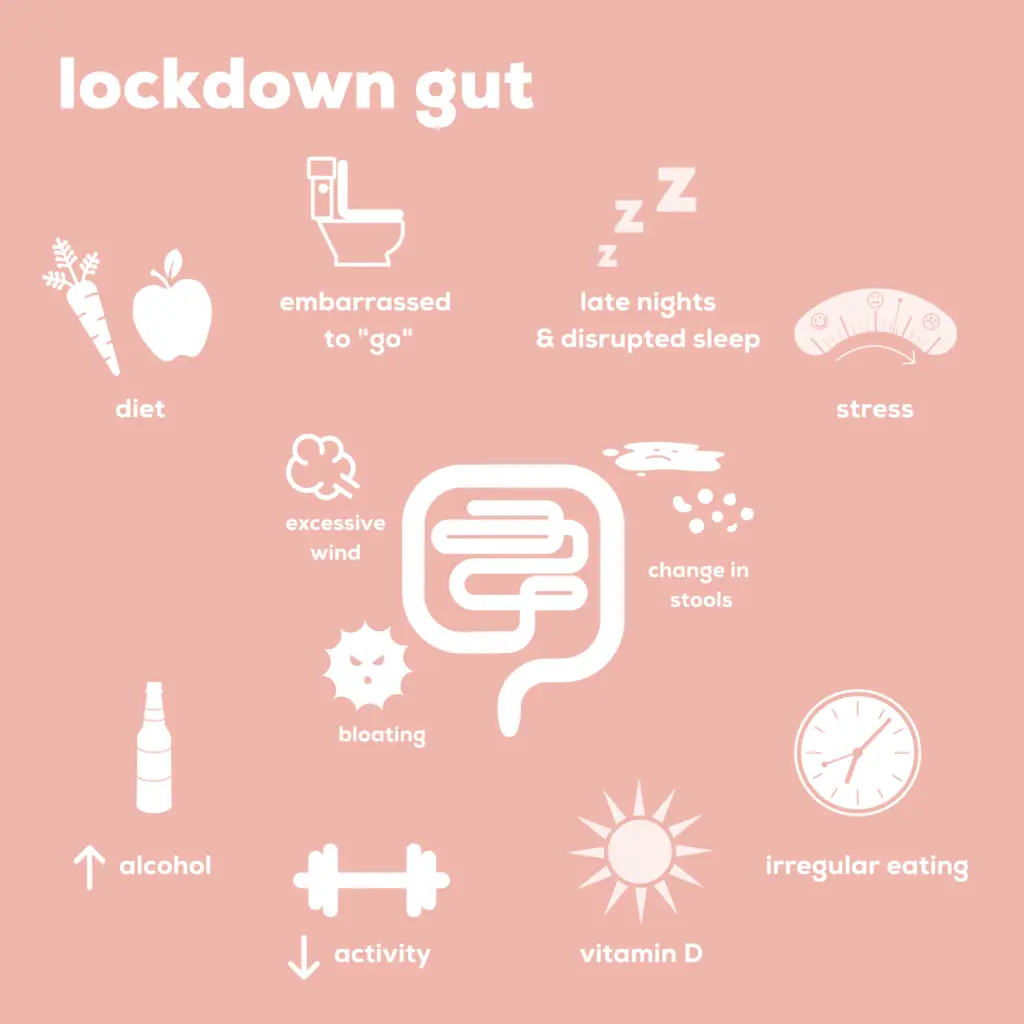
Mental Health
In regards to the pandemic, the World Health Organisation has stated that “In public mental health terms, the main psychological impact to date is elevated rates of stress or anxiety”.
Whether your stress/anxiety is related to family, working/not working, childcare, the chance of getting ill or just generally heightened emotions, everyone has been affected in some way. What’s that got to do with your gut? Plenty – your gut and brain are connected.
Stress and anxiety can negatively affect sleep, appetite, food choices and your gut microbes and how your gut physically works.
What can you do
Work on ways to reduce stress and anxiety where you can and keep a diary to see if you can link the symptoms you’re experiencing to how you are feeling. We have diaries perfect for this in our shop. Try yoga, meditation, getting out for a walk or speaking to a pal – do what works for you. AnxietyUK has some great resources on how to manage anxiety at this time.
Vitamin D
Your body is incredible – it makes Vitamin D (which is actually a hormone not a vitamin) when you are exposed to sunlight containing UVB rays (in the UK from March to October), small amounts are absorbed in the small intestine from food.
But with the extra time we’ve been spending inside, we aren’t being exposed to as much sunlight as we normally would during these warmer months.
But what has this got to do with gut health? Vitamin D plays a vital role in how we absorb and regulate calcium, which is a crucial mineral for our digestive enzymes.
It also has the power to change the make-up of microbes in your gut and plays a key part in keeping your gut lining and immune system in good working order.
What can you can do
As we’re inside a lot more, the NHS now recommends 10 micrograms of vitamin D a day. Other things you can do include getting outside for exercise or walking when you can. The amount of vitamin D you make depends on skin colour and how much skin is exposed to the sunlight – so there’s no definitive answer. Always look after your skin in the sun to reduce the risk of skin cancer.
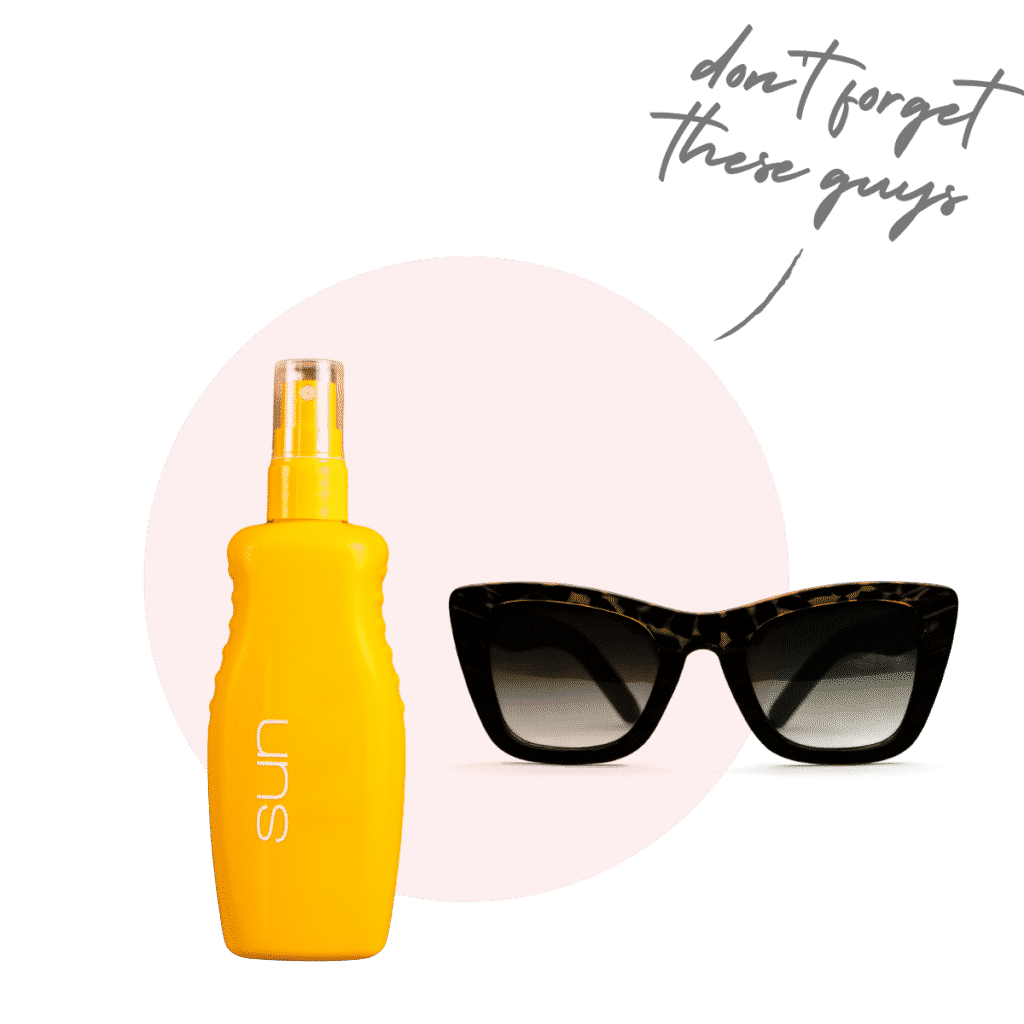
Embarrassed to “go”
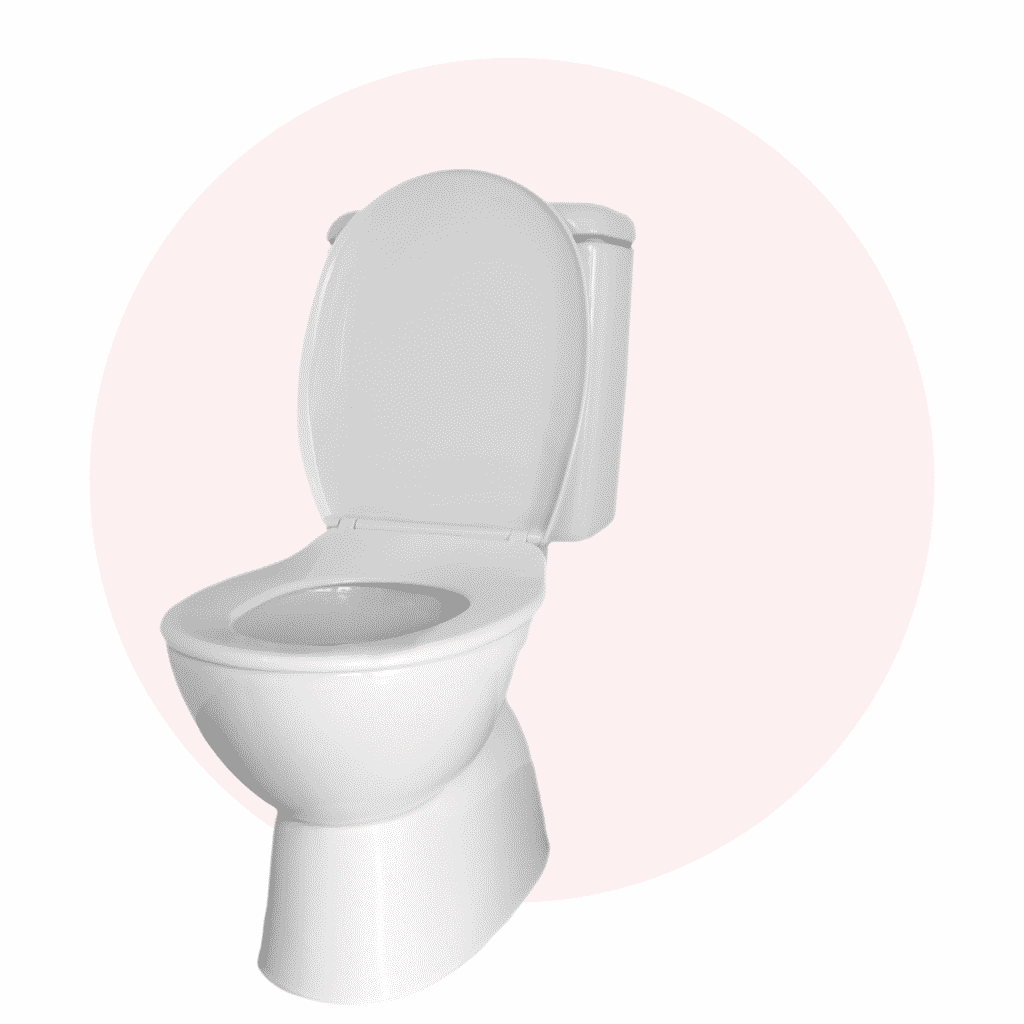
Whether it’s your housemates, family or even the cat, feeling awkward about using the toilet for a poo while others are in the house is completely normal (just like holiday constipation). BUT, holding on until no one is around isn’t going to do you any favours and can result in constipation.
What you can do
Do what you can to make yourself feel relaxed, try putting on music or a podcast on your phone, open a window if you have one and remember, everyone poos! In Japan, most toilets have the option of music or nature sounds for this very reason!
Irregular sleeping
With less routine, it’s easy to stay up late watching our favourite programme or hitting the snooze button just a few too many times. But what does irregular sleep have to do with your gut? Is your gut affecting your sleep or is your sleep affecting your gut? It’s a two-way street.
Poor sleep has the power to negatively impact the effectiveness and function of our gut microbes and our gut microbes can disrupt the production and conversion of the neurotransmitters needed to help us have a good night’s sleep.
Around 90% of your serotonin (the precursor to melatonin – your sleep regulating hormone) is made in your gut. If your gut is out of whack, this can affect how much serotonin is produced and you might find it tricky to sleep.
If you are waking up and going to bed at all sorts of times, this is going to disrupt your gut microbes, who, just like you, work on a day / night cycle – some do their jobs in the day and others work best at night.
What you can do
Work on your sleep hygiene, set regular bed and wake up times, avoid screens the hour before bed and expose yourself to natural light in the morning.
Lastly, avoid stimulants from the afternoon onwards (that means no 4pm coffee to power you through the rest of the day!).
Alcohol
Increased stress and/or boredom can lead us to drink more, especially at the moment! We all like a drink but we do need to be mindful of its effect on our gut health (and general health!). Alcohol is absorbed in the upper intestinal tract and enters your liver via the portal vein. Alongside other factors, the bacteria in your gut can determine how well you metabolise alcohol.
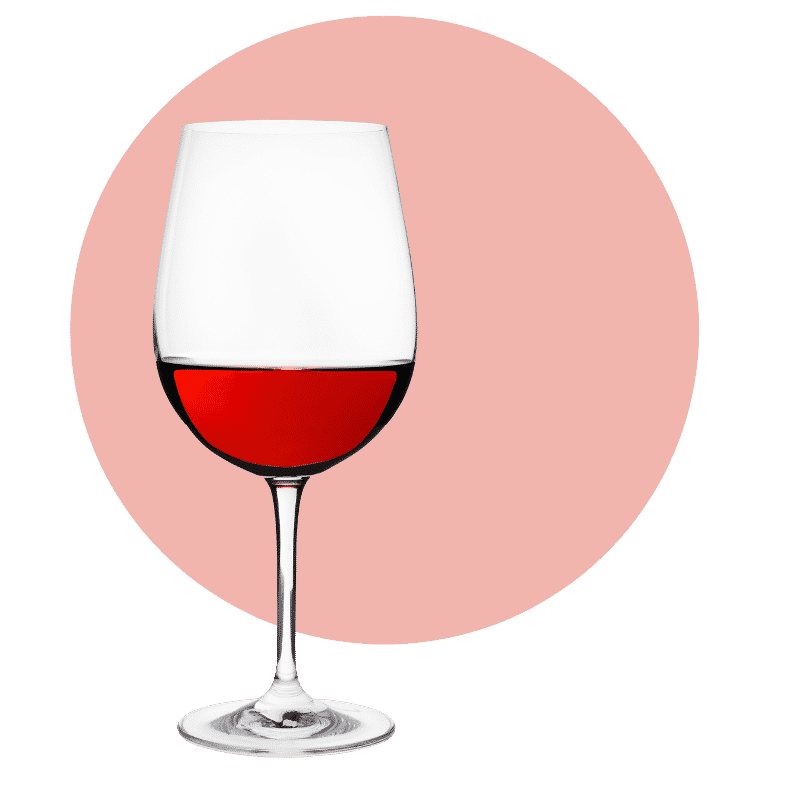
Excessive alcohol can cause inflammation in your gut, which can result in the wall of your gut lining becoming more ‘permeable’. This means that whole food particles and other substances in your gut, like, toxins, may cross the gut lining and enter your blood stream, which you don’t want! This can set off a cascade of immune responses and you could find yourself unable to tolerate foods you once could without symptoms.
A hangover and a poor night’s sleep can also increase your desire to consume processed foods which wreak havoc on your gut microbes.
It isn’t all bad news, red wine contains powerful polyphenols, which your gut bugs love. A systematic found that polyphenols found in red wine had a positive effect on your gut microbes! However, too much will outweigh the benefits of those gut loving polyphenols.
What you can do
Don’t use alcohol to quench your thirst or to relieve stress and get to know your units. For more info, watch our IGTV with liver specialist Gautam Mehta.
Activity
At the moment, it’s easy to slip into a routine where you barely move all day, OR maybe you’re working out too hard. Noticing how much you are moving (or not) can be really helpful to spot patterns in how you are feeling.
Exercise isn’t just good for your body and mind but your gut microbes too. It is one of the independent factors that can affect your gut microbes and how well your gut works – for better and for worse (if you work out too hard without enough rest). Your gut bugs like you moving and studies have shown that exercise increases the populations of beneficial bacteria in your gastrointestinal tract by up to 40%! It increases microbial diversity and the production of short chain fatty acids, which we know correlates with a healthier gut. Aside from your microbes, exercise also helps with keeping your gut moving.
What you can do
Be conscious of how sedentary your days are and find ways to build movement in. Remember, don’t go too hard without enough rest and do what makes you feel good.
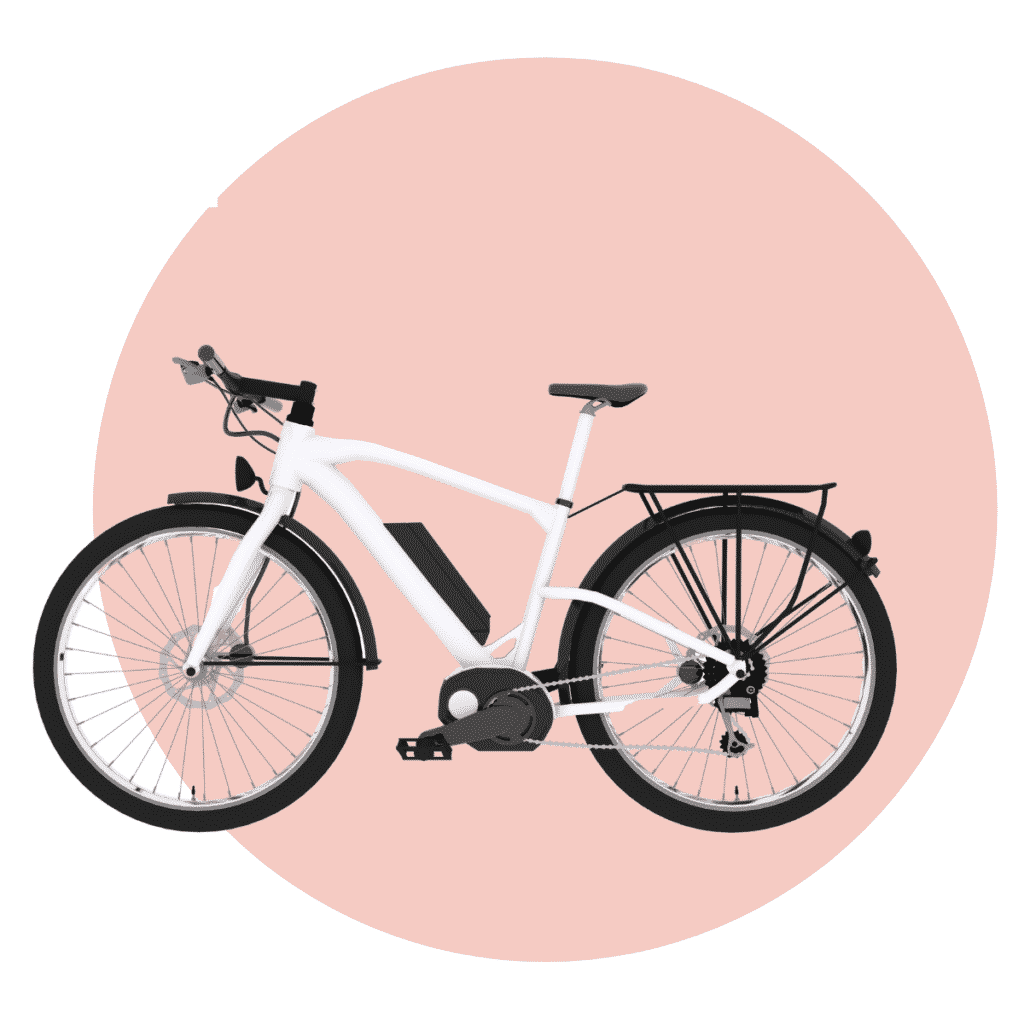
Lax eating habits
We’ve certainly noticed we’ve become a bit lax in how we eat, which is as important as what we eat. If you are finding yourself staring at the TV or your screen while shovelling down dinner without a second thought, this might be contributing to gut symptoms.
Digestion starts before we even put food into our mouths and the digestion that occurs in your mouth is three-fold. First, the action of chewing physically breaks down your food into smaller pieces to increase the surface area and second, enzymes in your saliva help break down your food even further. Finally, the time the food spends in your mouth gives more time for your enzymes to work.
If you are wolfing down your food, these three stages of digestion aren’t going to be happening as well as they should making it more hard work for the rest of your digestive system and your microbes which work on undigested food by fermenting it, resulting in gas.
What you can do
Try to chew each mouthful 20-30 times before swallowing, put your cutlery down between mouthfuls and make sure you’re sitting down. Switch off distractions and focus on enjoying your meal.